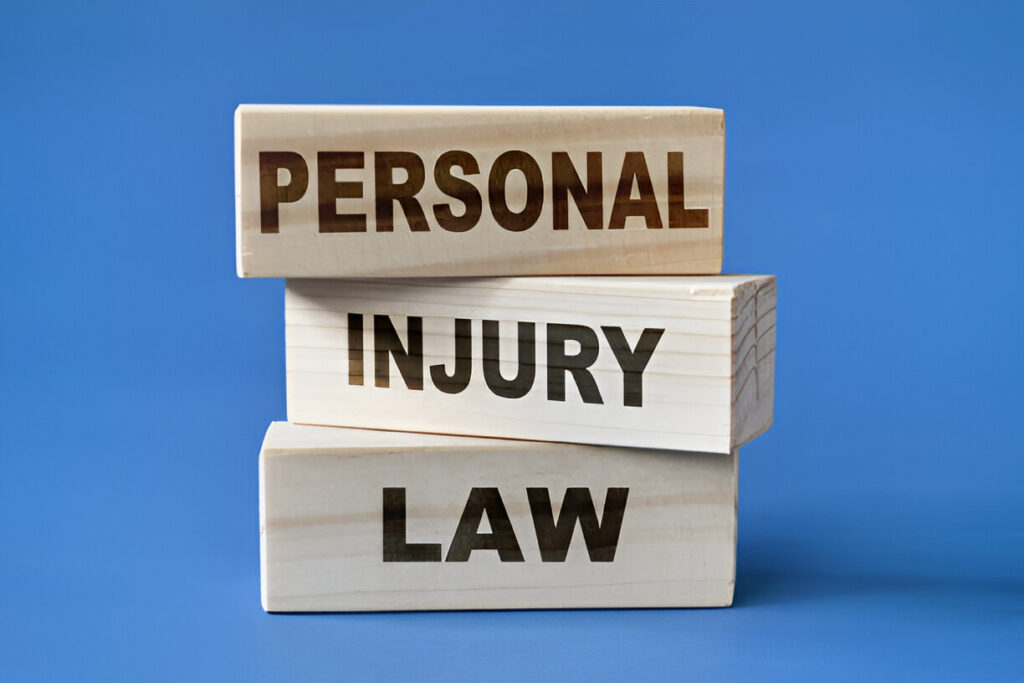Facing a personal injury without health insurance can feel overwhelming. You might worry about medical bills and legal hurdles. Understanding your options is crucial. First, know that you can file a personal injury claim even if you lack health insurance. This process helps cover medical costs from an accident caused by someone else. Working with a personal injury attorney can guide you through the legal steps. They help gather evidence, file paperwork, and negotiate settlements. You deserve to focus on healing, not paperwork or legal jargon. Each step of the claim process is essential. By following a clear path, you can address medical needs and potentially receive compensation. Financial relief can ease stress and allow you to focus on recovery. Remember, help is available. You are not alone in this process. With guidance and determination, you can work towards a resolution and regain control of your health.
Understand Your Rights
When injured, knowing your legal rights matters. Anyone harmed due to another’s negligence has the right to seek compensation. This applies regardless of your insurance status. You should document everything related to the injury. Photos, medical records, and witness statements strengthen your case. A personal injury attorney can ensure you gather the right documents.
Seek Medical Attention
Getting medical care should be your first step after an accident. Even without insurance, immediate care is crucial. Delaying treatment can worsen injuries. Emergency rooms must provide care regardless of your ability to pay. Later, explore options like community clinics or payment plans to manage costs.
File an Injury Report
Report the injury as soon as possible. If the accident happened at work, inform your employer. For car accidents, contact the police. An official report serves as an important document in your claim. It provides a record of the event and the parties involved.
Understand the Claim Process
Filing a personal injury claim involves several steps. First, contact the at-fault party’s insurance company. Provide details about the accident and injuries. An adjuster will assess the claim. Be prepared to negotiate the settlement. An attorney can represent you during this process. They help ensure you get fair compensation.
Comparison Table: With and Without Health Insurance
| Aspect | With Health Insurance | Without Health Insurance |
| Initial Medical Treatment | Covered by insurance | Emergency care still required |
| Medical Bills | Lower out-of-pocket costs | Payment plans or assistance needed |
| Negotiation Power | Leverage through insurance company | Direct negotiation or attorney needed |
| Claim Process | Insurance handles legalities | Attorney aids in claim filing |
Use of an Attorney
Hiring an attorney provides professional advice and representation. They understand legal complexities and can argue on your behalf. Many attorneys work on a contingency basis. This means you only pay if you win the claim.
Explore Financial Aid
Many programs offer financial assistance to those without insurance. Consider reaching out to local community health organizations. They may provide services at reduced costs. Explore state assistance programs and nonprofit aid. These resources can cover part of your medical expenses and lessen the burden.
Negotiate Medical Bills
Don’t shy away from negotiating costs with healthcare providers. Many hospitals offer discounts for uninsured patients. Set up a meeting with the billing department to discuss your situation. Often, hospitals have charity care programs for those in financial hardship.
Focus on Recovery
Healing is your main goal after an injury. Managing stress and taking care of your health must be priorities. Follow medical advice carefully. Rest and engage in recommended therapies. Support from family and friends can strengthen your mental wellbeing.
By understanding your rights, documenting your injury, and seeking professional help, you can navigate a personal injury claim without health insurance. Remember, resources are available. With the right approach, you can manage medical expenses and focus on healing.


